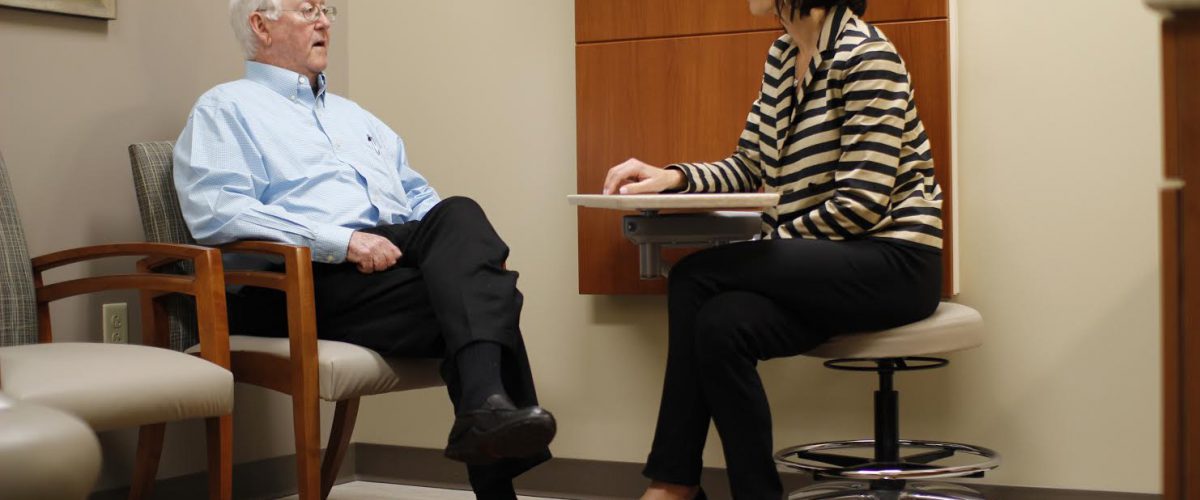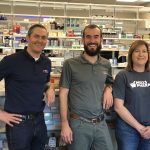Radiation Oncologist at St. Vincent’s Birmingham Shares Progress in Prostate Cancer Treatment

Prostate cancer is one of the most frequently diagnosed cancers in the United States, and the American Cancer Society now recommends regular prostate exams for men starting as early as age 40. Unfortunately, radiation treatments for prostate cancer can irritate the rectum, causing diarrhea, pain, and other bowel issues that complicate an already uncomfortable situation. St. Vincent’s Birmingham is the first hospital in Alabama to offer a system called SpaceOAR to minimize these effects. According to Radiation Oncologist Susan Salter, MD, the goal of radiation therapy is to maximize exposure to the prostate tumor while minimizing exposure to surrounding normal tissue, but because of its close proximity, the rectum remains at risk for damage. Here’s what to know about prostate cancer detection and how SpaceOAR can help:
- Early stages of prostate cancer usually cause no symptoms, which is why screenings are crucial every one to two years.
- Prostate cancer can be detected by an antigen in the blood, a digital rectal exam, and a prostate biopsy.
- SpaceOAR hydrogel creates a half-inch barrier to reduce radiation injury to the rectum. It is the first prostate cancer spacing device to receive clearance by the FDA.
- Using ultrasound imaging, local or general anesthesia, and a small needle, physicians can place the hydrogel in a 30-minute procedure.
- Made of a polyethylene glycol, widely used in cosmetics, SpaceOAR is injected as a liquid then solidifies into a synthetic material that expands within seconds. It is eventually absorbed into the body after completion of the patient’s radiation therapy.
“We do not have long term results as of yet, but our patients have tolerated the procedure very well and have not experienced discomfort from the procedure itself,” Salter says. “In clinical trial, 76 percent of patients experienced less rectal pain during radiation therapy treatment.”
Dr. Salter’s mother and father are both physicians, and two of her siblings are surgeons. She says that while family did not pressure her to become a physician, they did encourage her try a nursing assistant position first, which taught her the complexity of patient needs. Today she puts that knowledge into practice by staying up to date on treatment technologies and encouraging patients. “I love getting to know my patients and their families. I think it’s important to find out what motivates them, find out their support system, and really just get to know what they enjoy in their life,” Salter says. “Keeping focus on things they want to do or places they want to visit most often keeps them focused on getting through treatment.” For more information, visit stvhs.com/cancer.
- Camille Platt







